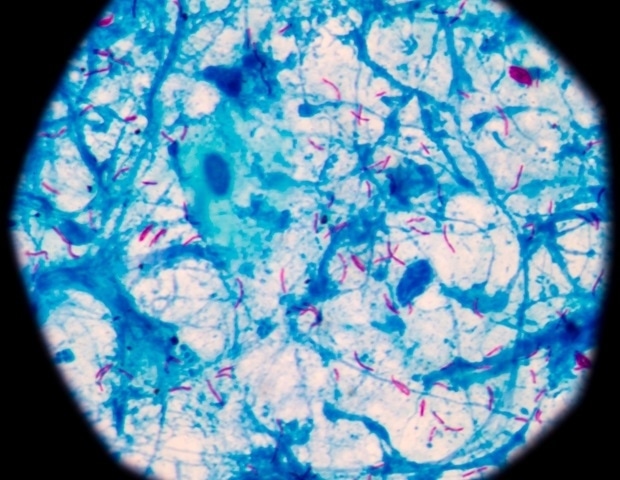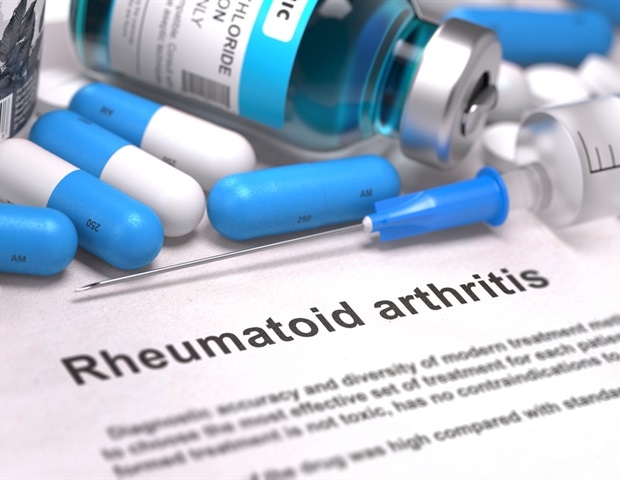
A health expert has sounded the alarm on two widely consumed foods, labeling them as "class one carcinogens" and linking them to an increased risk of dementia . Dr. Federica Amati, chief nutritionist at health company Zoe, has highlighted two dangers associated with processed meats .
Reports have long suggested that diets high in processed meat correlate with heightened chances of developing bowel cancer , dementia, and hypertension. We were locked up for selling lost Antiques Roadshow treasure on eBay Virgin River fans warned similar Netflix show is 'much heavier' - but could be better In a conversation with the Telegraph, Dr. Amati specifically named these meats and underscored their alarming classification: "Processed red meats such as sausages and bacon are seen as class one carcinogens.

" Defining 'processed meats': The International Agency for Research on Cancer, part of the WHO, describes processed meat as any meat transformed through smoking, curing, fermentation, salting, or other methods aimed at enhancing flavor or preservation. Cancer Research UK lists items like bacon, ham, corned beef, and certain sausages—including pepperoni, salami, and hot dogs—as examples of 'processed' meats. According to the NHS, processed meats encompass products such as sausages, bacon, ham, salami, corned beef, luncheon meat slices, and pate.
Processed meat and cancer: A 2020 study featured in the International Journal of Epidemiology examined individuals who consumed processed and red meats. The findings indicated that even those with moderate meat consumption were at an elevated risk of bowel cancer. Cancer Research UK states that the World Health Organization's (WHO) agency categorized processed meat as a "definite" carcinogen (Group 1) in 2015, alongside substances like alcohol and tobacco.
Don't miss...
Doctor raves over simple food-and-drink combo that can slash dementia risk [DEMENTIA] Palace issue King Charles health update as monarch in hospital [ROYALS] Switching off one feature of your smartphone could reverse aging by 10 years [AGING] In contrast, red meat falls under the "probable" cause or Group 2a carcinogen category. It's worth noting that bacon often contains sodium nitrite, a preservative that can produce nitrosamine when heated, which has also been implicated in cancer. Furthermore, bacon is high in sodium, and excessive sodium intake has been tied to cancer and high blood pressure.
A study recently published in Neurology explored the connection between processed meat consumption and cognitive decline, including dementia. Researchers discovered that individuals with higher consumption of red meat, especially processed varieties, faced increased risks of cognitive decline and dementia, compared to those with low or no consumption. Processed red meats considered in the study included bacon, hot dogs, sausages, salami, and other similar products.
Dr Dong Wang of Brigham and Women's Hospital in Boston, a study author, stated in a press release: "Our study found processed red meat may increase the risk of cognitive decline and dementia, but the good news is that it also found that replacing it with healthier alternatives, like nuts, fish and poultry, may reduce a person's risk." The NHS has stated that a healthy diet may include protein from sources such as meat, fish, eggs, beans and pulses, with beef, lamb, chicken and pork being highlighted as beneficial. The health service also noted that red meat provides iron, zinc and B vitamins, but cautioned against consuming excessive amounts of red or processed meat, or meat high in saturated fats.
Specifically, the NHS warned that a high intake of processed and red meat could potentially increase your risk of bowel cancer. It was also confirmed that processed meat might contain high levels of salt. If you consume more than 90g (cooked weight) daily, reducing your red or processed meat intake to 70g per day is recommended.
Additionally, the NHS cautioned that consuming meats high in saturated fat can elevate your cholesterol levels if consumed in excess. High cholesterol can lead to an increased risk of coronary heart disease, which is identified as a leading cause of death both in the UK and worldwide..















